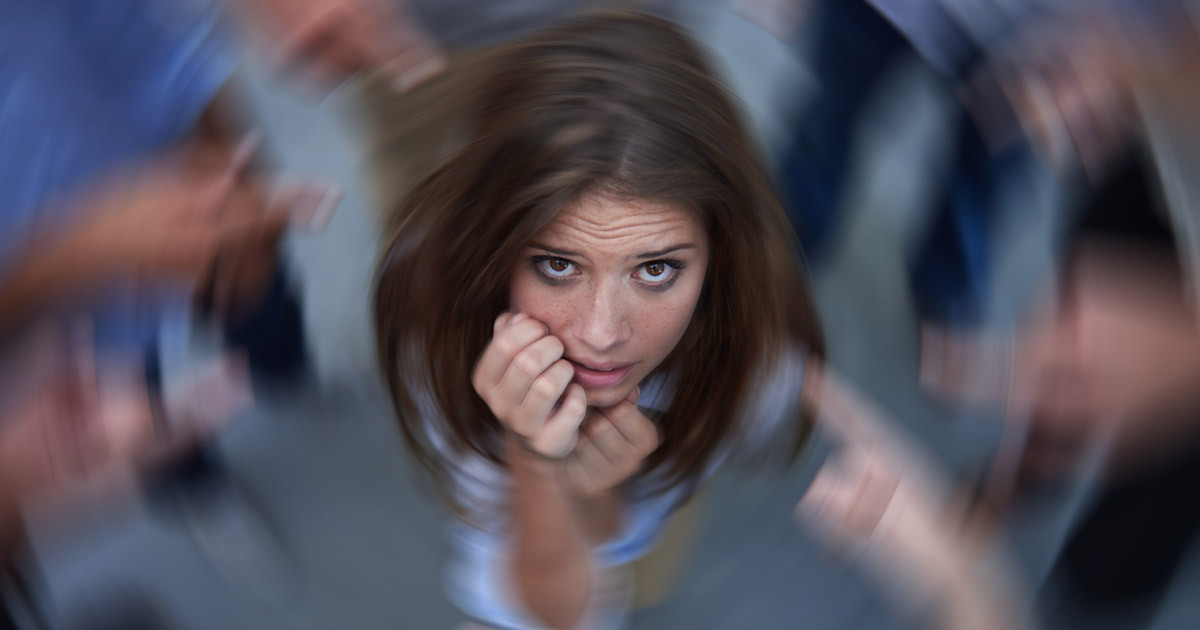Although not a medical term or diagnosis, hangxiety is a well-documented phenomenon and a buzzword we hear a lot these days. Similar to your run-of-the- mill hangover, hangxiety is an unpleasant mood change after the effects of alcohol wear off and brings a feeling of anxiety. It can vary in severity and can cause problems at home or at work. Along with other familiar hangover symptoms such as increased thirst, fatigue, upset stomach, and body aches, hangxiety can cause the following sensations:
- Poor concentration
- Racing thoughts
- Restlessness
- Heart palpitations
- Flutter in stomach or chest
Although not everyone experiences hangover anxiety, it is quite common.
Hangover anxiety has physiological and psychological roots. Meaning, how the body responds to alcohol and what goes through the mind after a night of drinking, such as piecing conversations or feeling embarrassed about something said or done. Below, you can find out more about the causes of hangover anxiety and how to prevent hangxiety.
What Causes Hangxiety?
As mentioned, physiological and psychological factors contribute to the onset of hangover anxiety. These can range from minor discomfort to disrupting normal day-to-day functioning.
Alcohol causes significant physical effects throughout the body, including changes in hormones, metabolism, the immune system, and the brain. All these changes impair the senses while drinking and play a profound role during hangover anxiety. Drinking alcohol increases GABA (gamma aminobutyric acid) and dopamine levels. These higher levels create the “feel good” feelings. As these chemicals dip, hangover anxiety symptoms can sneak in. Aside from brain chemicals and neurotransmitters, researchers think other factors may also play a role in hangover anxiety.
Social Anxiety
People with existing anxiety or those who are shy experience hangxiety more often than those who are outgoing with no history of anxiety. Several factors can influence this response, and it’s thought people with social and/or generalized anxiety experience hangxiety more often because:
- They already experience anxiety, and the physiological effect of alcohol withdrawal increases the feelings of anxiety
- They often overthink or ruminate over situations
- They may self-medicate existing anxiety with alcohol
- They may drink more in social situations to ease shyness
Dehydration
Alcohol is a diuretic, and often, when drinking, people do not drink enough water. This can cause dehydration. Studies show even mild dehydration can impair concentration and mood and lead to anxiety.
Poor Nutrition
Heavy alcohol use impairs absorption of nutrients, and over time, this can lead to malnutrition.
Poor Sleep
Although people may fall asleep quickly after a night of drinking, alcohol disrupts sleep cycles and affects quality of sleep, increasing likelihood of increasing anxiety.
Alcohol Intolerance
Also referred as alcohol allergy, alcohol intolerance mimics many of the same sensations as hangover anxiety such as racing heart and nausea.
Medications
Some medications and alcohol do not mix and can create adverse effects. Many prescriptions medications for anxiety and depression recommend avoiding alcohol.
Alcohol Detox
As alcohol leaves the system, the body goes into overdrive, bringing everything back into balance or homeostasis. As hormones, chemicals, and neurotransmitters work to return to baseline, the discomforts of hangxiety kick in.
How to Prevent Hangxiety
Experiencing hangxiety is not fun for anyone, and the best way to avoid this sensation is avoiding alcohol. Other ways to prevent hangover anxiety include:
- Stay hydrated
- Reduce alcohol
- Take medicine, such as ibuprofen or aspirin
- Eat healthful foods
- Move the body with gentle exercises, such as yoga
- Seek professional help if bothersome or continues
Alcohol Treatment Program in Santa Rosa, CA
Hangxiety does not indicate an alcohol use disorder. However, if persistent or affecting job performance, relationships, or other major facets of life, it may pose a bigger problem. And if using alcohol to self-medicate or fight off hangxiety, a mental health specialist can help. These types of drinking patterns can quickly become a vicious cycle and lead to alcohol dependency.
If yourself or loved one is struggling with managing or limiting their alcohol intake, get in touch with Pura Vida for a comprehensive consultation. At Pura Vida, men and women can find flexible, affordable, and effective evidence based addiction treatment for drugs and alcohol. Contact us today and discover how Pura Vida can help.





